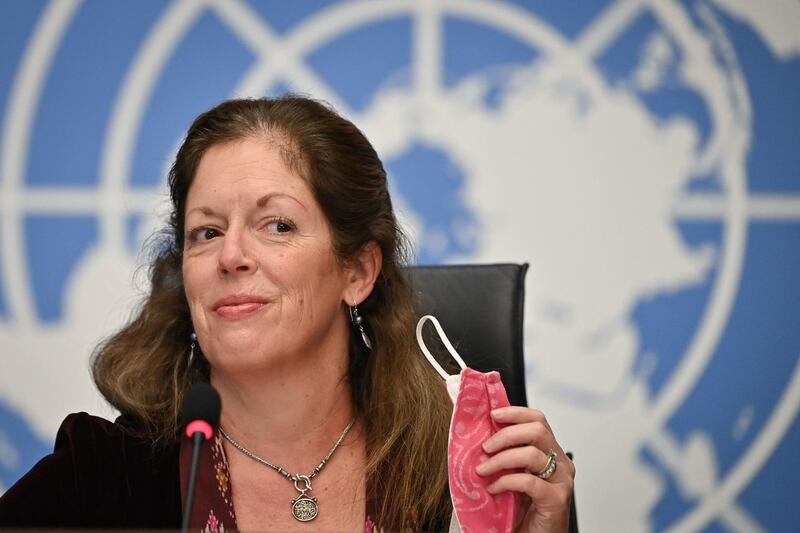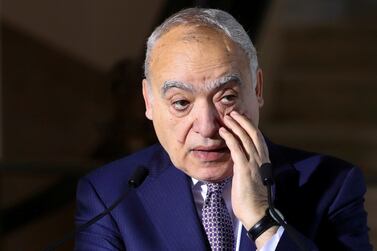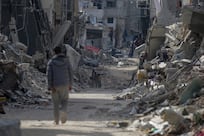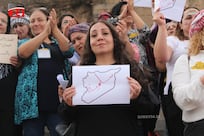Representatives from eastern and western Libya agreed on Wednesday to maintain calm on the front lines, open transport links and look at securing the flow of oil as talks progress in Geneva.
The warring parties will soon start working to produce a single state budget, the deputy head of the Tripoli-based government told Reuters, as the protagonists met under UN auspices in Geneva.
“Today we are looking to unify the budget," said Ahmed Maiteeg, deputy prime minister in the Government of National Accord in Tripoli.
UN envoy Stephanie Turco Williams said she was "quite optimistic" after sides began the latest negotiations this week.
The talks come during a renewed diplomatic effort to end the fighting and reunify the fractured government of the country.
She said that Libyan sides agreed to "continue the current state of calm on the front lines and to avoid any military escalation", and that steps would be taken to restructure the forces guarding Libya's oil production centres to ensure the recently restarted flow of oil.
Opening air and land routes will have a “direct and material positive impact on the lives” of the people of the country, Ms Williams said.
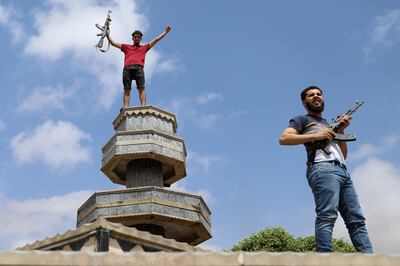
She said the parties agreed to initiate joint security arrangements to safeguard traffic on the roads that are to be opened across the country.
“The delegations directed that civilian air authorities take all necessary measures to open these air routes as quickly as possible,” she said.
She said a decision by Fayez Al Sarraj to step down as prime minister of the Government of National Accord in Tripoli "should help end the long period of transition and the move towards a democratically elected government".
Again, she urged for a halt in foreign interference and interventions to allow space for the sides to negotiate and solve divisions.
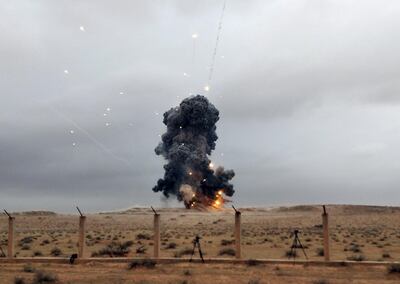
The proliferation of armed groups and local conflicts have marked Libya since Muammar Qaddafi was overthrown in 2011.
Last year, the Libyan National Army, backed by the House of Representatives, launched an offensive to capture Tripoli after taking ground in the south and far west of the country.
The LNA said it aimed to end the rule of militias and bring stability.
But with major Turkish intervention, including the arrival of troops, thousands of Syrian mercenaries and the use of drones and heavy weapons, pro-GNA militias pushed the LNA back to the central coastal town of Sirte.
As the development risked escalating the situation in the country, both Mr Al Sarraj and the Speaker of the House of Representatives, Aguila Saleh, offered a ceasefire and renewed talks began in Egypt, Morocco, Tunisia and Geneva.
This month former UN envoy to Libya Ghassan Salame said there was a "promising spirit" in the mediation process in Libya, citing a partially restored oil output after a seven-month halt to production.
